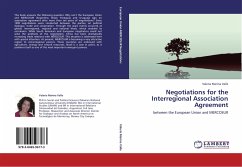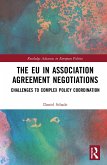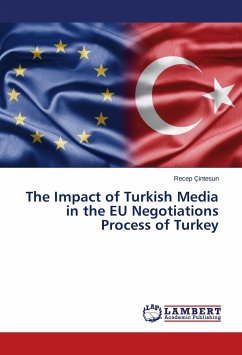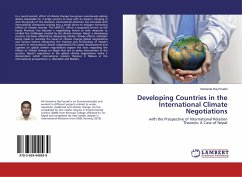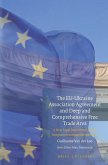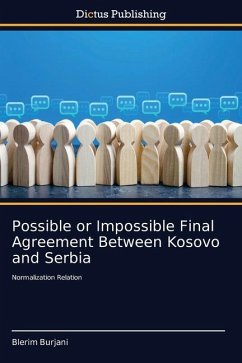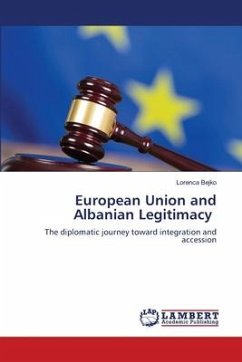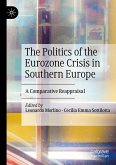This book answers the following question: Why can t the European Union and MERCOSUR (Argentina, Brazil, Paraguay and Uruguay) sign an association agreement after more than ten years of negotiations? Since 1999 negotiations were conducted between the parties, on political dialogue, trade and cooperation. Through the years events occurred at global, interregional, regional and national levels, which enabled its conclusion. While South American and European negotiators could not solve the gridlocks of the negotiation, China has been dramatically increasing trade relations with MERCOSUR. This situation is addressed here with special attention. At present, MERCOSUR is becoming a very attractive region to extrarregional powers. These countries are endowed with agriculture, energy and natural resources. Brazil is a case in point, as it positions itself as one of the most important emergent powers.

